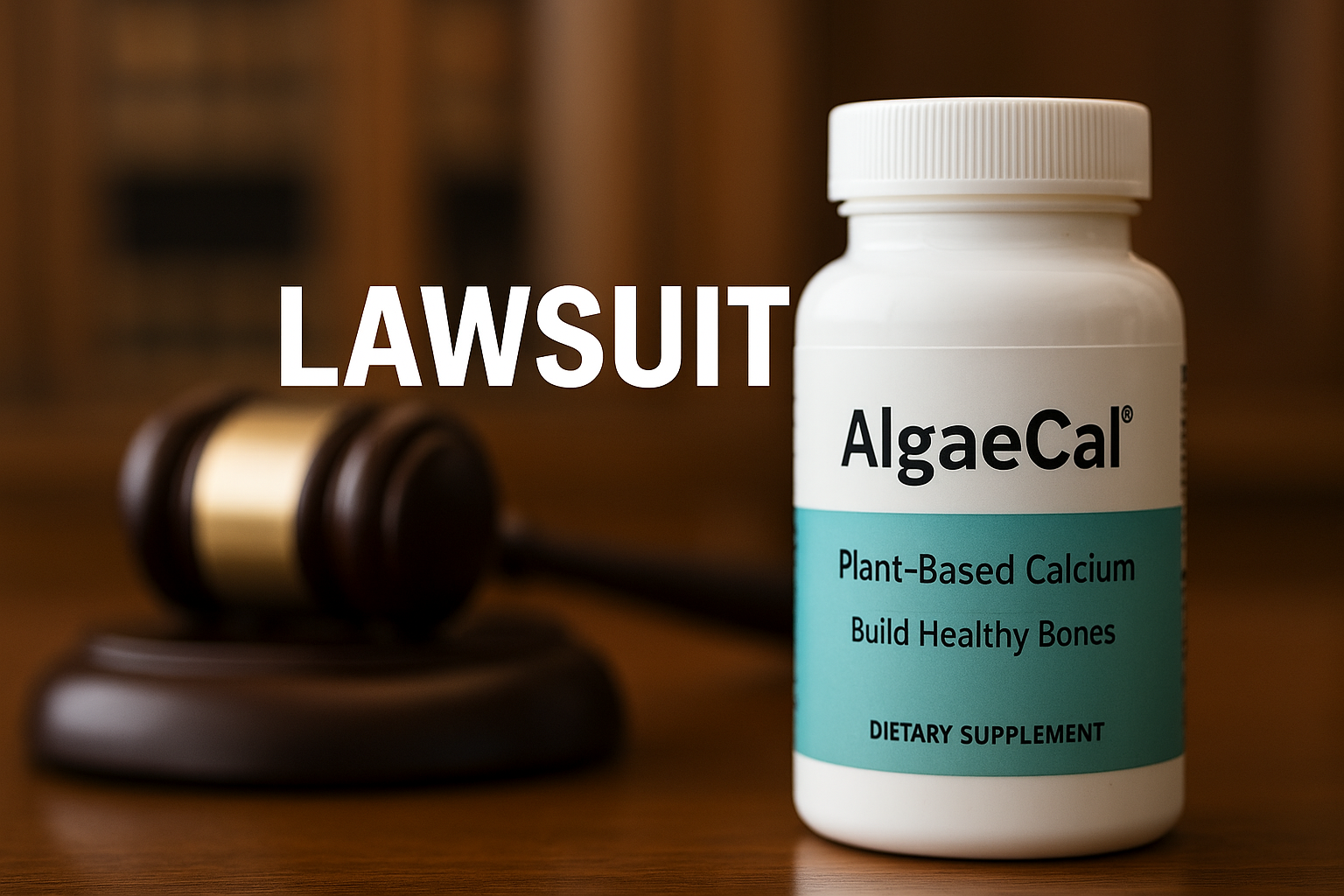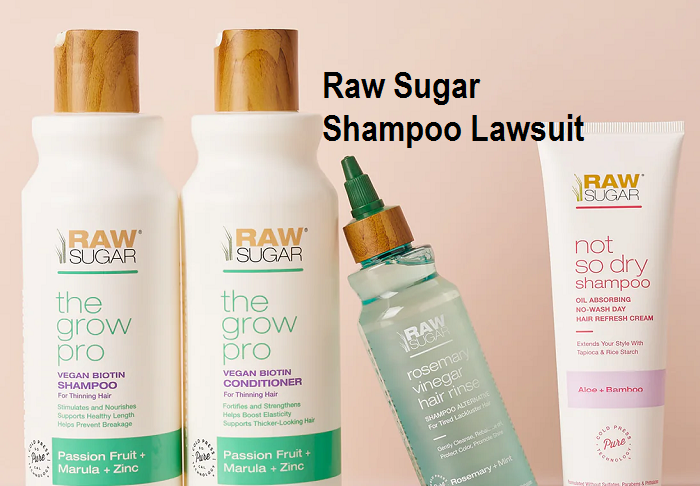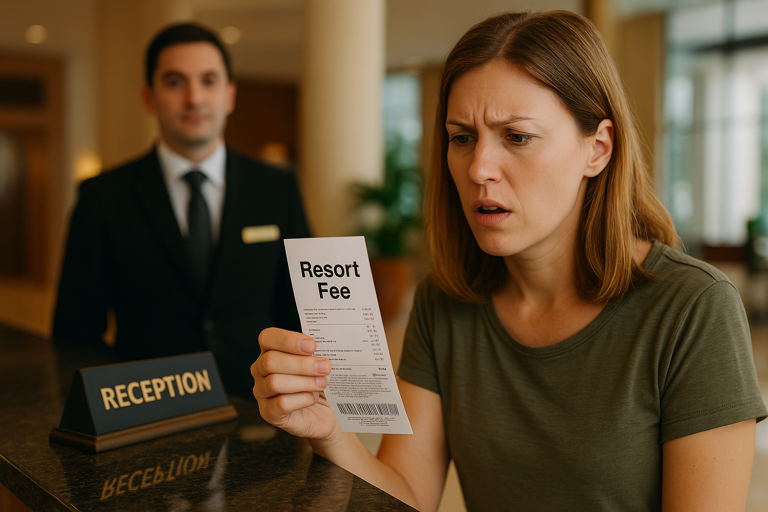If you bought AlgaeCal thinking it would fix your bones, you’re not alone. Thousands trusted the brand’s claims and paid a premium. Now, those promises are under fire. The AlgaeCal lawsuit calls out what many suspect—misleading health claims, questionable studies, and shady online tactics. Legal action accuses the company of marketing without proper science. Critics say the company crossed the line between promotion and deception.
This case isn’t just about one product. It shows how supplement companies make bold promises and hope no one asks for proof. It also shows how critics and competitors can muddy the waters. If you’ve used AlgaeCal or seen the ads, you might wonder what’s real and what’s not. This article breaks it down clearly, so you can decide what to do next. You deserve facts, not hype. Let’s walk through the case and what it could mean for you.
Case Overview: What’s at Issue
Plaintiffs argue that AlgaeCal used false advertising to sell its supplements. The lawsuit claims the company overstated its health benefits. They say those claims convinced people to buy without knowing the truth.
Marketing centered around promises to reverse bone loss. The legal complaint says these statements were never backed by proper clinical trials. Instead of comparing results to standard treatments, the company relied on internal or sponsored research.
This case also involves online domain disputes. The company went after critics who used names like “AlgaeCalFraud.com” to post warnings. AlgaeCal accuses those domain owners of spreading lies and damaging the brand. Together, these issues create a legal fight over truth, science, and reputation.
Core Allegations: Advertising and Science
AlgaeCal told buyers they could increase bone density naturally. That’s the heart of the dispute. According to the lawsuit, the company never had strong scientific proof to support that claim. They used charts and testimonials that seemed convincing. But most of the evidence came from uncontrolled studies or internal analysis. No peer-reviewed trials compared AlgaeCal to other calcium supplements. That’s a problem. Federal law allows supplement ads, but they must be truthful and not misleading. The lawsuit says AlgaeCal crossed that line. They claim buyers were misled and overcharged for results that never came.
Domain and Trademark Dispute
This lawsuit also targets websites that criticized the brand. AlgaeCal says domains like “AlgaeCalFraud.com” were registered just to harm them. The company claims those sites spread false claims and used trademarked names.
They’re not just going after content creators. They’re suing domain registrars too—companies that hosted or registered the URLs. The complaint accuses them of bad-faith registration, impersonation, and enabling false content. This isn’t just about free speech. AlgaeCal argues that these websites used fake details and blocked Canadian users to avoid lawsuits. That strategy, they say, was deliberate and illegal.
Legal Framework and Jurisdiction
The case is being heard in the U.S. District Court for the Western District of Texas. That court handles consumer protection, online speech, and trademark issues. Plaintiffs used several laws to make their case. They cite violations under the Lanham Act, which covers false advertising and trademark use. They also refer to state laws on deceptive trade practices. These rules protect you when companies make false claims or mislead buyers. AlgaeCal may also face action under FDA and FTC guidelines. Courts can impose fines, order website takedowns, or demand refunds. That’s what the plaintiffs are asking for.
AlgaeCal’s Defense Position
The company denies all accusations. They say their supplements are backed by solid research. AlgaeCal points to studies showing improvements in bone health among users. They argue that critics have twisted the facts. Some of the websites, they say, were created just to smear their name. The defense also claims that marketing materials followed all relevant rules. They’re asking the court to dismiss the claims. If that fails, they plan to fight each point one by one. Their legal team insists the product works, and that they have nothing to hide.
Evidence in Litigation
The lawsuit includes detailed filings from early 2025. It references emails, domains, site traffic, and study summaries. One exhibit showed false contact info linked to a critical website. Screenshots from “AlgaeCalFraud.com” are also included. Those images, according to AlgaeCal, prove deliberate targeting. The case documents also show the company contacted registrars but received no help. Previous domain fights from 2013 to 2021 were brought up too. That history, plaintiffs argue, shows a pattern of harm and intent. Courts may weigh that heavily.
What This Means If You Used AlgaeCal
If you bought the supplement after seeing ads or reading reviews, this lawsuit matters to you. You might have paid more because of exaggerated claims. You could be part of a future class action. Keep any product receipts, emails, or screenshots. Those can support your case. Watch for legal updates in case you’re eligible for a refund. Check what the company claimed at the time you bought the product. Compare it to the science they reference now. That gap may be the core of the issue.
Broader Implications for Supplement Buyers
This lawsuit is a warning to all supplement brands. Consumers are starting to ask hard questions. You should too. Always check the science behind a product. Look for independent studies, not just company-funded research. Avoid companies that block critics or hide behind vague terms. Make sure claims are backed by clear data. Don’t trust buzzwords like “clinically proven” unless you can find the exact trial. If something sounds too good, read twice.
What Happens Next
The court may decide if this moves forward as a full trial. If the class is certified, more users may join the case. That would increase pressure on AlgaeCal. Some claims may go to arbitration, especially the domain disputes. Others may settle out of court. You can follow updates through public filings or legal trackers. If the court rules in favor of the plaintiffs, refunds, removals, and stricter rules may follow. That would set a new bar for supplement ads and brand protection.
Takeaways You Can Use
You saw the warning signs. You know how to question supplement claims and learned how brands and critics clash over science and speech. Stay informed about AlgaeCal lawsuit and your rights. Hold onto records when you try a new product. Speak up if you feel misled. Compare claims to real studies before you buy again. Look at how companies treat reviews and criticism. Trust actions, not slogans.
Conclusion
The AlgaeCal lawsuit shines a spotlight on what happens when marketing, science, and criticism collide. You might have trusted the product because of bold claims. Now you see those claims under legal review. If the AlgaeCal lawsuit succeeds, it could bring refunds and more honest ads in the supplement world. If AlgaeCal proves its case, it may protect its brand from what it calls false attacks. Either way, your experience matters.
This case isn’t just about one company. It’s about the kind of proof you deserve when someone sells you health. You can follow the case, check your records, and ask questions. Legal systems are now paying attention to the details that matter to you. If you’ve been affected—or want to avoid the same mistake—this is your moment to learn, question, and protect your choices. You’re not just a customer. You’re the one they have to answer to.
Ayesha Awais is a content writer for JudicialNexus.com, covering accident reports, injury-related news, lawsuits, and public safety updates. All content is informational in nature and based on publicly available sources.




